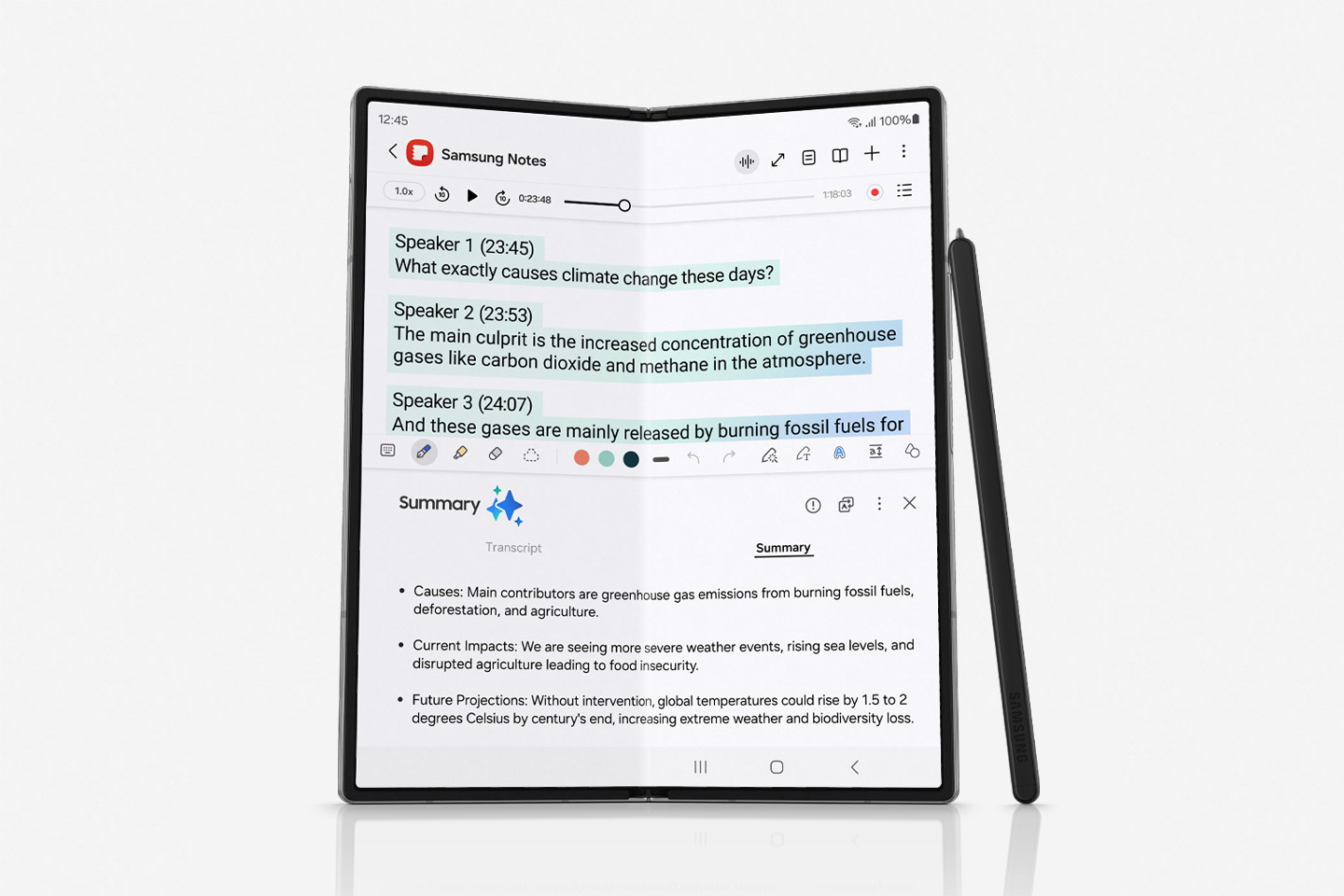Cotton University has announced a major scientific breakthrough with the development of the country’s first homegrown technology for Accelerator-Driven Boron Neutron Capture Therapy (AD-BNCT)—a next-generation cancer treatment designed to target aggressive and radiation-resistant tumours.The innovation comes from the Cotton University Particle Accelerator Centre – North East (CUPAC-NE), which has successfully engineered a BNCT-dedicated Beam Shaping Assembly (BSA) entirely in-house. The achievement is significant, as BNCT equipment worldwide remains highly restricted due to limited access to specialized materials and strict international intellectual-property controls.The research findings were published on November 12, 2025, in the international journal Nuclear Instruments and Methods in Physics Research, Section B.
The project was led by research scholar Dimpal Saikia of the State Cancer Institute, GMCH, under the supervision of Prof. J.J. Das of Cotton University. The effort drew support from several national institutions, including UGC-DAE, BARC, IUAC, NEHU, Gauhati University, Tezpur University and Bodoland University.Explaining the impact of the development, Prof. Das noted that while proton therapy is currently India’s most advanced radiation treatment, AD-BNCT provides a non-invasive and highly selective alternative that uses boron compounds and neutron beams to destroy cancer cells with minimal harm to healthy tissue. He added that the approach may also prove significantly more affordable.CUPAC-NE is now setting up an advanced accelerator facility featuring a 5 MV Van de Graaff system to expand research in cancer therapy and related fields. The initiative aligns with India’s Mega Science Vision 2035 and has already attracted interest from international collaborators, including authorities in Russia’s Novosibirsk region.
Cotton University has also signed an MoU with the Dr. B. Barooah Cancer Institute to support future clinical translation of the technology.Researchers believe the indigenous breakthrough could dramatically reduce treatment costs compared to proton therapy. Although BNCT is operational in a handful of countries, the required systems remain largely patented and prohibitively expensive. Cotton University’s success marks the first fully indigenous BNCT-specific BSA under the Make in India mission, signalling a major step forward in the country’s advanced cancer-treatment capabilities.




